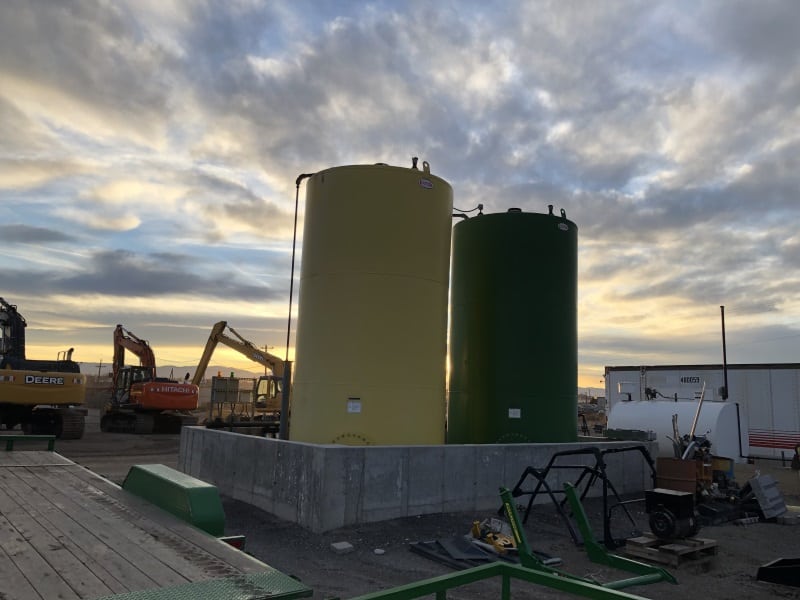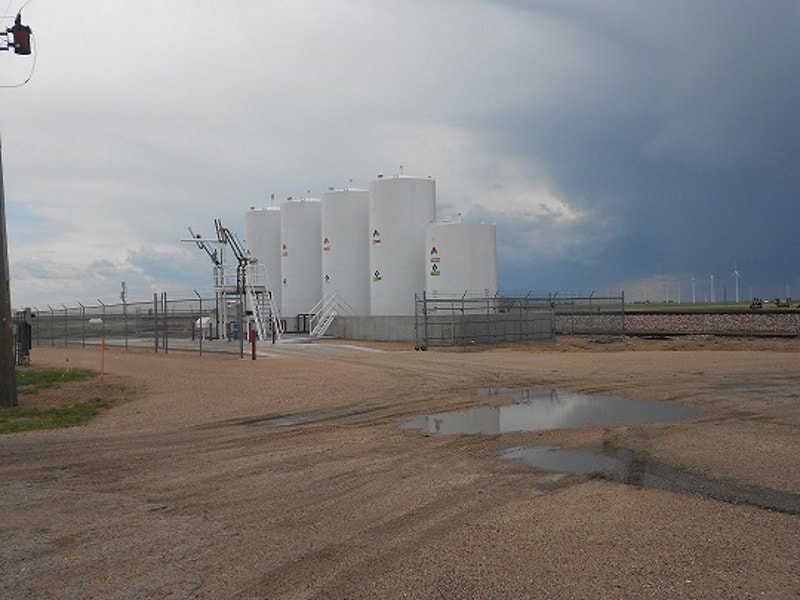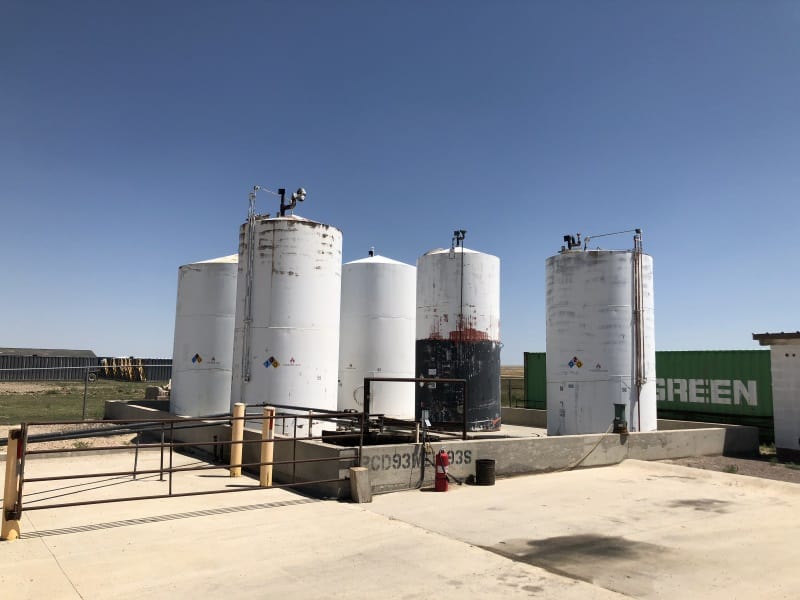SPCC Plans: Do you have one? Would yours pass inspection?
-
-
- Failure to update a plan every five years.
- Not properly labeling permanently closed containers.
- Lack of required training and documentation.
-
These are just some of the Spill Prevention, Control and Countermeasure (SPCC) Plan violations that have cost customers tens of thousands of dollars in recent months.
About SPCC Plans
SPCC Plans are not an Environmental Protection Agency (EPA) requirement to ignore or take lightly, as doing either could result in a hearing before the EPA and substantial fines. CGRS has helped clients navigate enforcement actions following EPA inspections.
Call a CGRS Expert:
800.288.2657

Elizabeth Wilson
Staff Geologist
SPCCs Plans are an integral part of the EPA’s oil spill prevention program. The federally mandated plans are designed to prepare you and your business for proper storage of oil products as well as how to proceed in the event of a release of those products.
The regulation requires any nontransportation-related facilities within the United States with an aggregate aboveground oil storage capacity greater than 1,320 gallons or a completely buried storage capacity greater than 42,000 gallons have these plans in place and adhere to every aspect of them. The regulations apply to all facilities – bulk plants, fleet facilities, gas stations, schools and many others – that store oil-based products such as petroleum, fuel, or even vegetable and animals oils.
SPCC Plans consist of an overview of operations, oil storage, and handling procedures as well as details of prevention, control and countermeasures. A good plan functions as a tool facility operators use to intelligently plan and respond to hazards associated with the storage and use of oil products. In some cases the owner/operator can self-certify their plans, but oftentimes the EPA requires a professional engineer to certify them.
EPA inspections
The EPA conducts unannounced – and impossible to predict – SPCC Plan-related inspections. These inspections generally consist of the following:
- An introduction meeting
- A general discussion of facility operations and the site
- On-site review of the facility’s SPCC Plan and records
- Facility walk-through
- Debriefing including feedback and findings
Common deficiencies
The EPA inspector will follow up the inspection with a letter discussing his/her findings and any deficiencies. If significant deficiencies are noted, enforcement actions could follow.
Some of the most common deficiencies CGRS experts have observed include:
- No containment for oil storage containers
- Inadequate secondary containment
- Lack of general containment for transfer areas
- Lack of facility and tank inspections
- Containment drain valves left open
- No SPCC plan
The real costs
Other than the fact that the EPA requires them, having an SPCC plan in place is important for many reasons – the most important of which is prevention. Preventing a spill means protecting the environment and human health from untold damages. It can also save a great deal of time, energy, and money associated with costly cleanups and reporting requirements.
Spill events can come with negative public exposure, as well, especially if they affect human health and the environment.
Compliance actions by the EPA are real and can include fines in the tens of thousands of dollars for general noncompliance issues. Gross noncompliance can result in fines of six figures and higher. Cleanup and reporting costs in the event of a spill can also equal tens of thousands of dollars, and the cost of negative publicity when the spill impacts human health and the environment can have a significant effect on the owner’s business, as well.
Training & documentation
Training is an integral component of proper implementation of the SPCC Plan, requiring facility operators and employees to familiarize themselves with their plan’s requirements as well as conduct on-board training and annual refreshers. Documentation of this training is required and key to demonstrating compliance.
If your facility falls within SPCC requirements or you have questions regarding your oil site, CGRS is an industry expert on SPCC regulations, training and plans. We can walk you through the requirements and necessities of SPCC regulations and get a plan in place that is both practical and functional.
For more information and to review all of the requirments of an SPCC plan, visit:
→ www.epa.gov/oil-spills-prevention-and-preparedness-regulations
For more about CGRS’s regulatory compliance services, visit:





